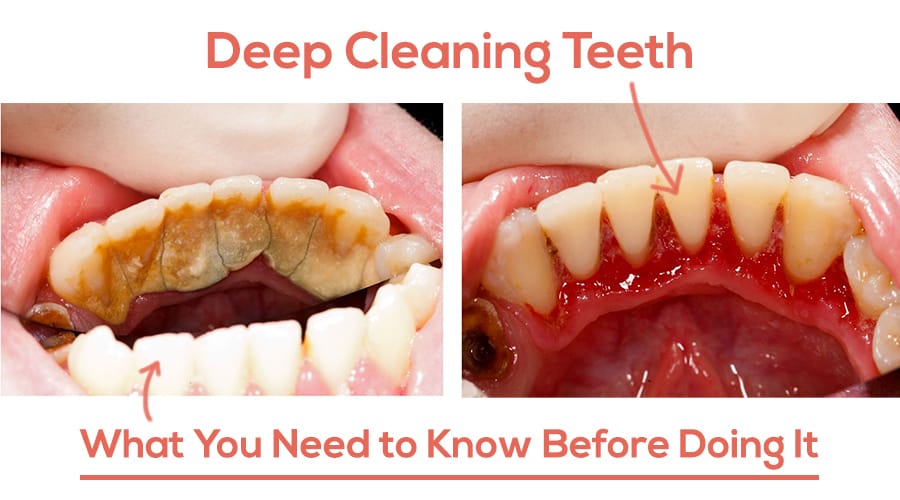Before we delve into the details of deep dental cleaning, it’s crucial to understand the importance of maintaining good oral hygiene. Regular dental check-ups and cleanings play a vital role in preventing gum disease and tooth decay.
What is Deep Cleaning
Deep dental cleaning, also known as scaling and root planing, is a specialized dental procedure that goes beyond a typical cleaning. This thorough cleaning is essential for individuals with gum disease or those at risk of developing it.
What Is Deep Cleaning?
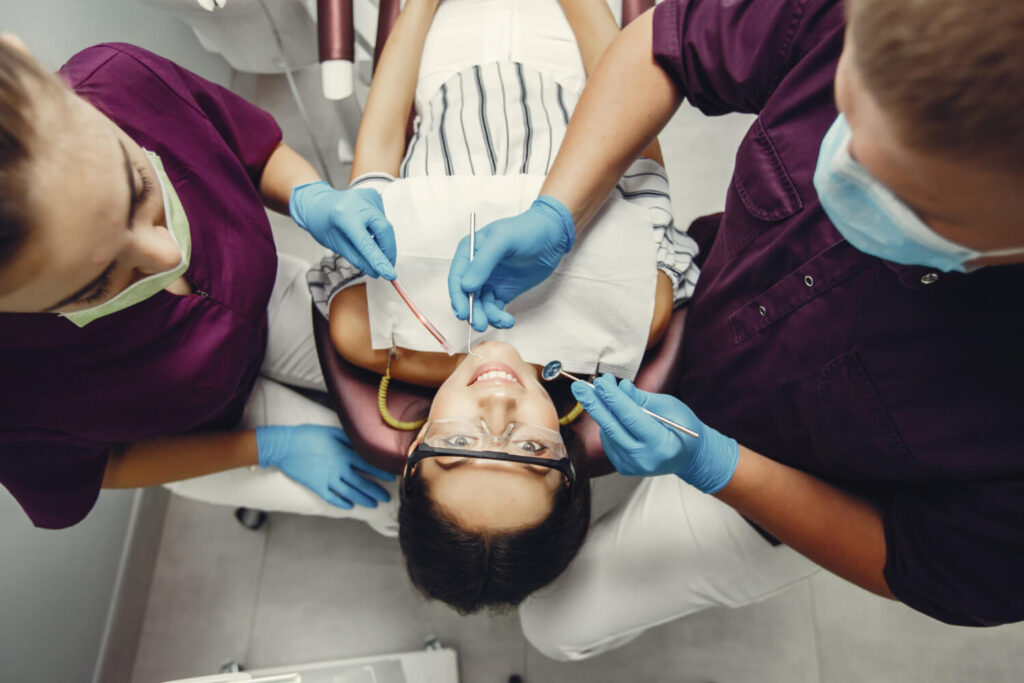
First, it’s important to clarify that deep dental cleaning is not better than regular dental cleaning. This procedure is usually recommended to people that suffer from gum disease, and it is also known as SRP (Scaling and Root Planing.)
Gum disease eventually escalates to periodontitis. A chronic infection that, if it goes untreated, can destroy the bone that supports your teeth. It is a consequence of poor oral care, which allows plaque to build up in your teeth and let bacteria accumulate below your gums.
Deep dental cleanings focus on the outer part of the roots below the gum line to clean and control this infection, letting the gums heal as much as possible. Your dentist will manually scrape the plaque with a dental scaler.
They will carefully smooth rough spots on the roots to help your gums reattach to your teeth. The process will most likely require you to visit the dental office a few times. They tend to divide the mouth into 4 areas (or quadrants) and clean 1 area per session.
Are You a Good Candidate For a Deep Cleaning?
Only your dentist can know for sure if it’s the best course of action. Most likely, if you have pockets (the space between your tooth and gum) deeper than 4 millimeters, then you might be at risk or already in the early stages of gum disease.
Recognizing Symptoms of Gum Disease
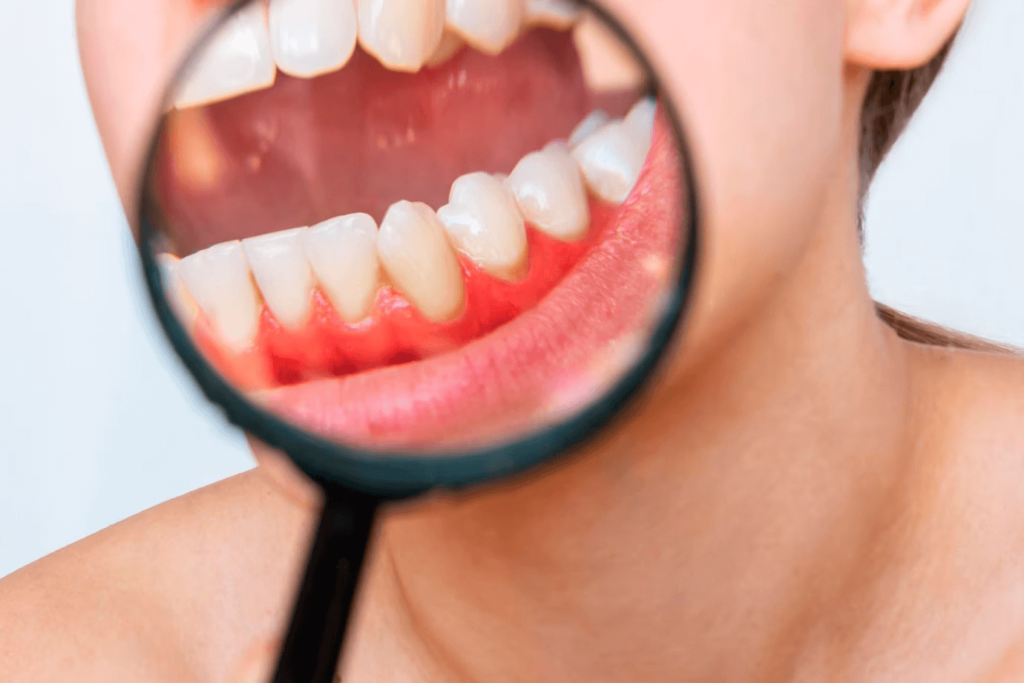
You can kind of tell by yourself if there are any symptoms in your mouth of periodontal disease, at least enough for you to realize that it’s time to visit a dentist. Some of these are:
- Gums that are red and swollen
- Tooth sensitivity
- Pain when chewing food
- Bleeding gums
- Loose teeth
- Irremediable bad breath
Watch out if you seem to be experiencing more than one symptom at a time because that could be a stronger indicator of gum disease. But of course, don’t schedule a deep cleaning just yet.
Just get a regular dental check-up, and there, your dentist will recommend the best treatment and find out if you actually suffer from periodontal disease.
In the case where you have already been diagnosed and deep cleaning it’s the next step, you can try asking your dentist:
- How long will the treatment take?
- What is the time window in which my teeth will heal?
- Will you apply local anesthesia?
- What recommendations can you give me to improve my hygiene routine and prevent gum disease from getting worse?
Advantages and Disadvantages of Deep Cleaning Teeth
Advantages of Deep Cleaning Teeth
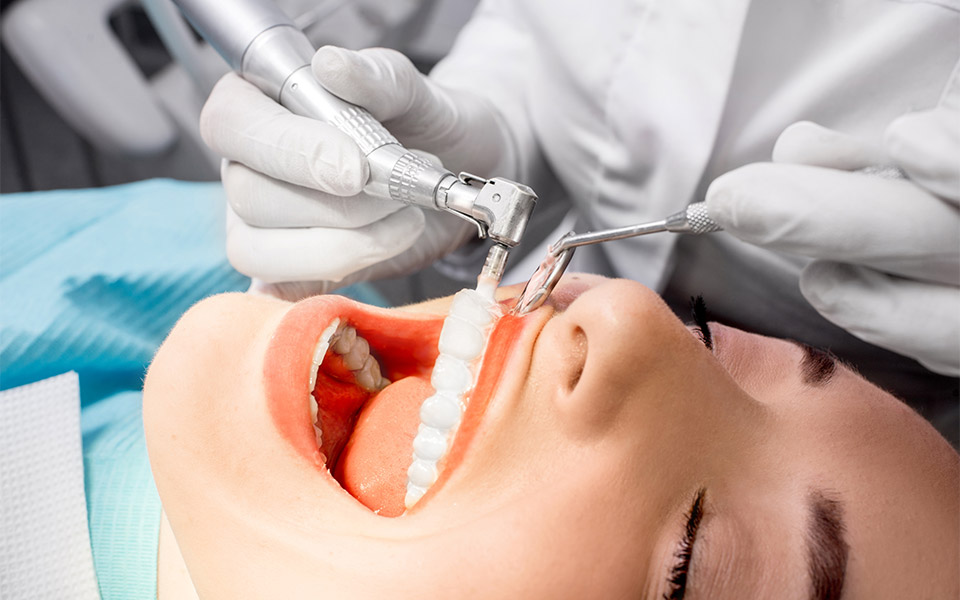
The top advantage it’s obviously relieving and reducing the harmful effects of gum disease. It prevents it from getting more severe, promoting healing in your gums, and controlling the disease.
Gets your mouth really clean in areas where you could never reach by yourself, which is always great for your teeth to eliminate all the accumulated bacteria.
You’ll say goodbye to the bad breath that tartar is causing you. Still, make sure to have a regular hygiene routine so you can continue to have a fresh breath.
It is not an invasive procedure, and most often than not, it’s pain-free.
Disadvantages of Deep Cleaning Teeth
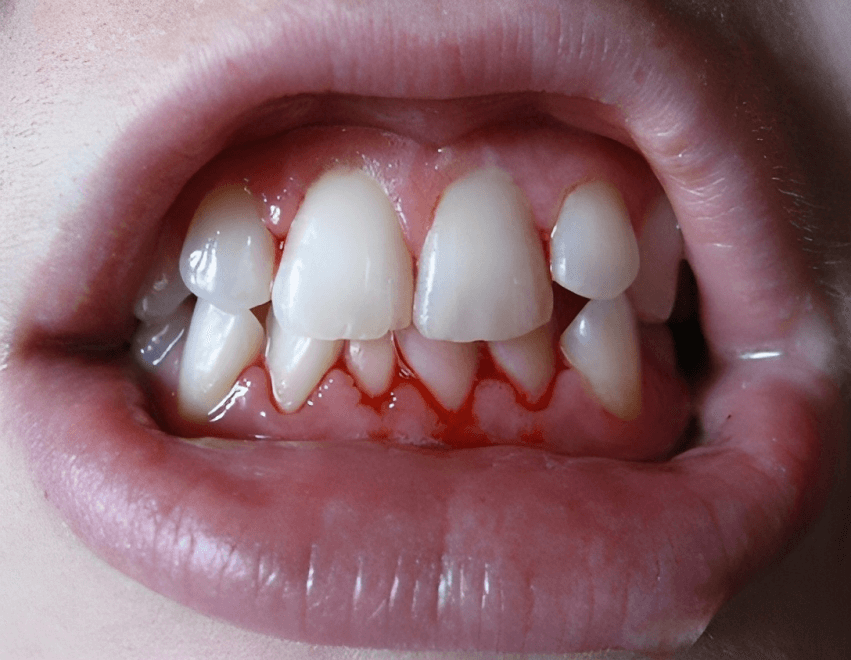
Unfortunately, the periodontal disease it’s not curable, so you could say that one of the cons is that deep cleanings are still not capable of eliminating it altogether.
The procedure has to be finished in more than one session, so it does take a bit more time than other treatments.
For the results to be effective, the patient must commit to their hygiene routine. So, the success of the therapy will highly depend on the patient as well.
What Are the Risks of Not Treating Gum Disease?
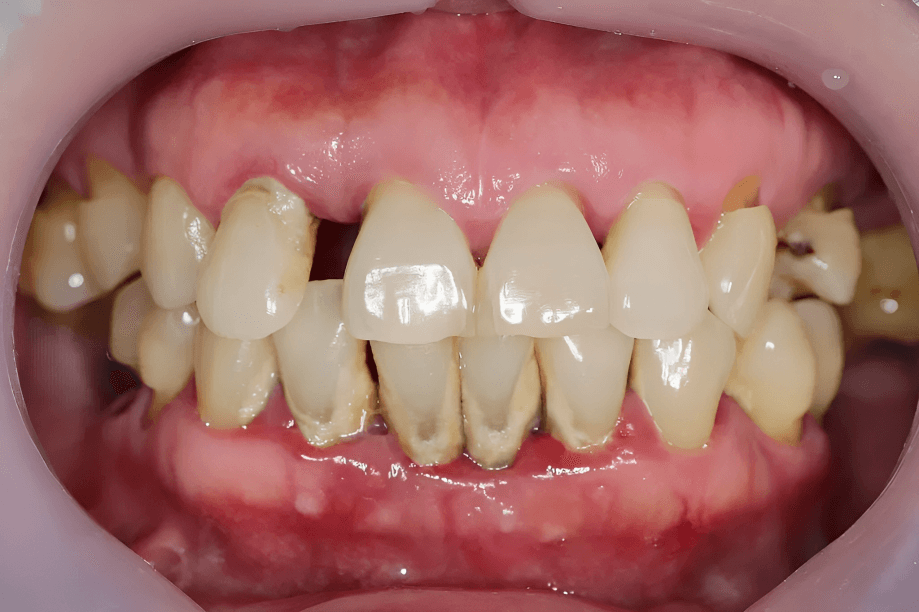
If you just decide to not visit the dentist and leave it up to the universe, your situation can sadly only get worse. Plaque is always forming in your teeth, and even more if you enjoy sugary foods. As plaque continues to build, it then becomes tartar, which, by the way, it’s so unenjoyable to look at.
You’ll get gum disease, and it will soon become periodontitis. The bacteria that comes from it will enter your bloodstream through the gum tissue, which is very dangerous for different parts of your body.
So, besides loosening your teeth until they fall, you will also be at risk of developing diabetes, cardiovascular problems (more significant chances of having a heart attack), and problems when speaking or eating, and bad breath.
The Cost of Deep Dental Cleaning
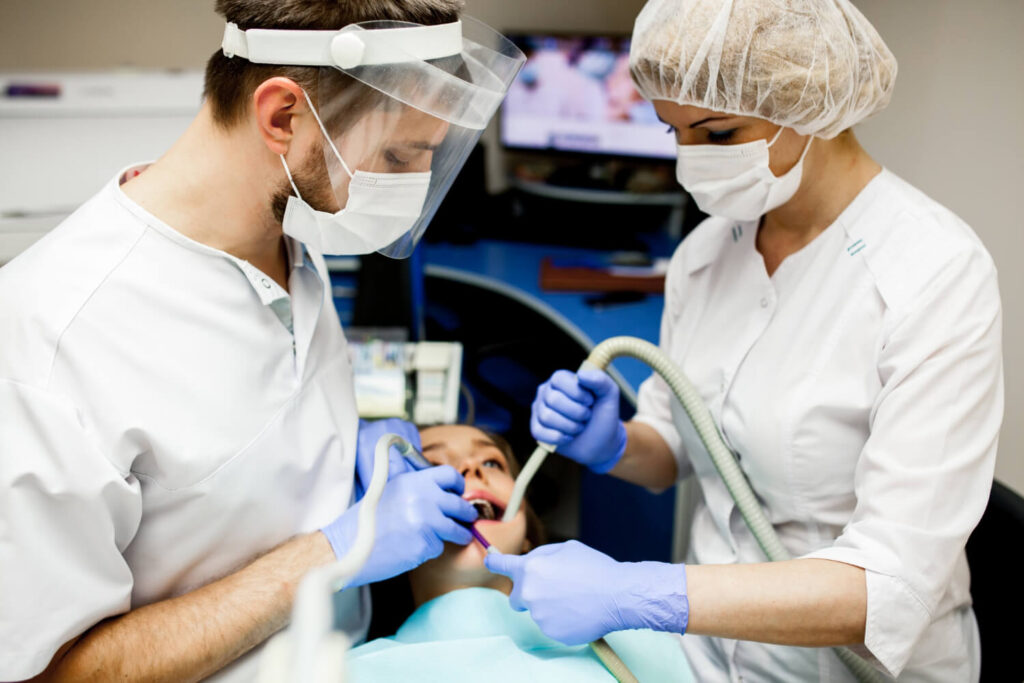
If you are one of those people who do not even remember the last time they went to the dentist, don’t worry, it’s never too late to start. Scheduling an appointment for a dental check-up is a brave first step that will be more than enough for a great start in taking care of your teeth.
Usually, the cost of Deep Dental Cleaning goes from $200 to $300 per quadrant, plus any other exams or additional procedures you might need. The complete treatment could end up being around $1,200.
Keep in mind that the cost can be reduced if you have insurance that can help you cover part of the treatment. It’s just a matter of checking with your insurance company.
Remember that taking care of your oral health is an investment in your overall well-being. So, don’t delay those dental check-ups any longer; your smile will thank you.

